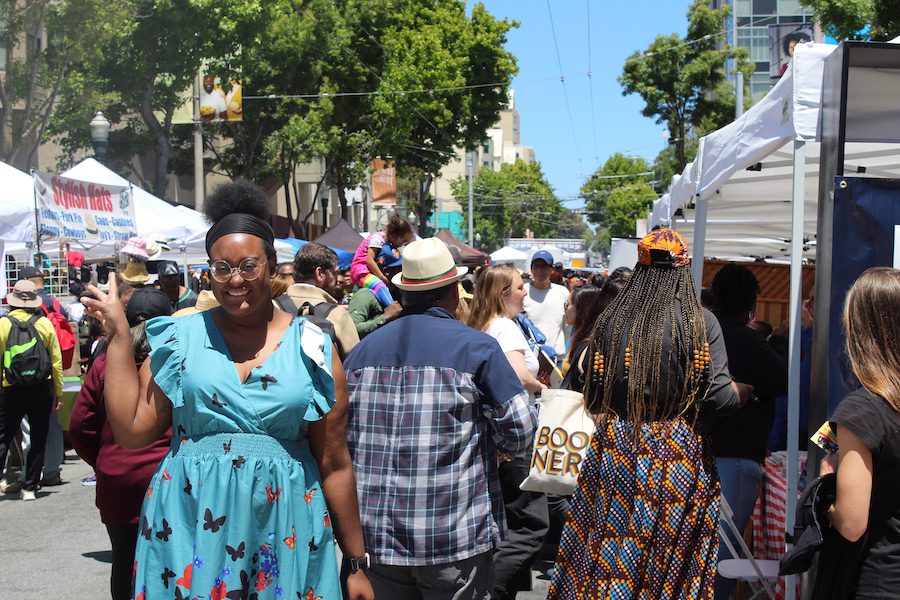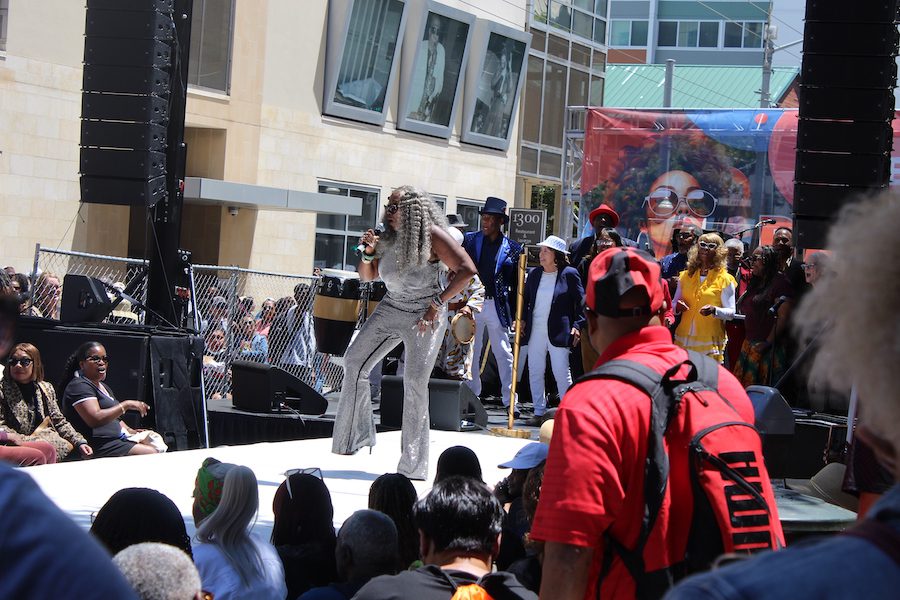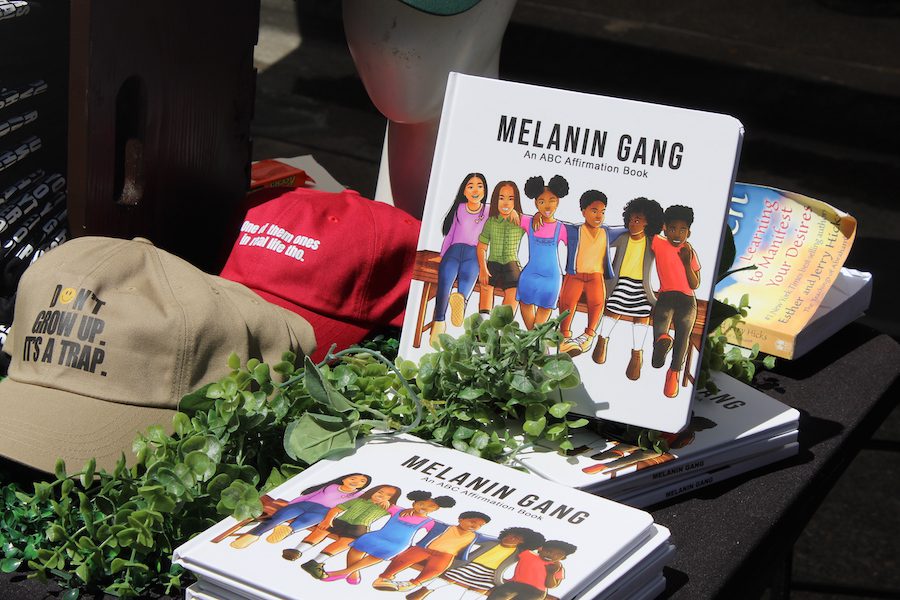Pamela reflects on her experience participating in the Juneteenth celebration in San Francisco, California, as a proud Black woman. Juneteenth acknowledges the emancipation of enslaved African Americans in the United States.
As a visible minority, I often feel that my voice is overshadowed by the noise around me. Yet, over the years, many movements have emerged advocating for equality and combating social injustices. This makes me feel honored and grateful to have participated in the Juneteenth celebration in San Francisco today.
What Is Juneteenth?
Before I continue, let me explain what Juneteenth is.
Juneteenth, celebrated on June 19th, marks the emancipation of enslaved African Americans in the U.S. This holiday commemorates June 19, 1865, when Union General Gordon Granger arrived in Galveston, Texas, announcing the Civil War’s end and the freedom of all enslaved individuals. This declaration came more than two years after President Abraham Lincoln’s Emancipation Proclamation, which abolished slavery in Confederate states on January 1, 1863. Also known as Freedom Day or Emancipation Day, Juneteenth is celebrated with cultural festivities, historical reenactments, parades, and educational activities. It serves as a time to reflect on African American history and honor our progress and cultural heritage. In 2021, Juneteenth was officially recognized as a federal holiday in the United States.
Juneteenth Celebrations in San Francisco, 2024
Taking part in this year’s Juneteenth celebration was a memorable experience, filled with vibrant festivities and meaningful reflections. As I explored the event, I was struck by the strong sense of community and the rich display of African American culture and history. The most profound aspect was the unity among attendees, with strangers coming together to embrace and dance in a joyful harmony, as if connected by generations of shared history.
The celebration featured a lively mix of activities and performances. The air was filled with music, from soulful blues to upbeat hip-hop, reflecting the diverse cultural expressions of the African American community. Local artists displayed their work, showcasing paintings and sculptures that depicted significant historical events and ongoing struggles. The tantalizing scents of traditional foods like fried chicken, collard greens, and cornbread wafted through the venue, enticing all to visit the food stalls.

The event served not only as a celebration but also as a call to action. Speakers encouraged the audience to continue advocating for civil rights and to support initiatives aimed at uplifting the Black community. The atmosphere of unity and purpose was inspiring, highlighting that Juneteenth is both a celebration of freedom and a commitment to the ongoing struggle for justice.

For many Black individuals, Juneteenth is a day of pride and reflection. It is a time to honor the resilience and contributions of our ancestors while considering the challenges that still lie ahead. Juneteenth represents the importance of this holiday as a moment for collective healing and empowerment.


As I departed, I felt a renewed sense of purpose and a deeper connection to my roots. Juneteenth is more than just a historical milestone; it stands as a living testament to the enduring spirit of African Americans. This celebration of freedom and culture is vital for acknowledging our past, celebrating our present, and inspiring our future.



